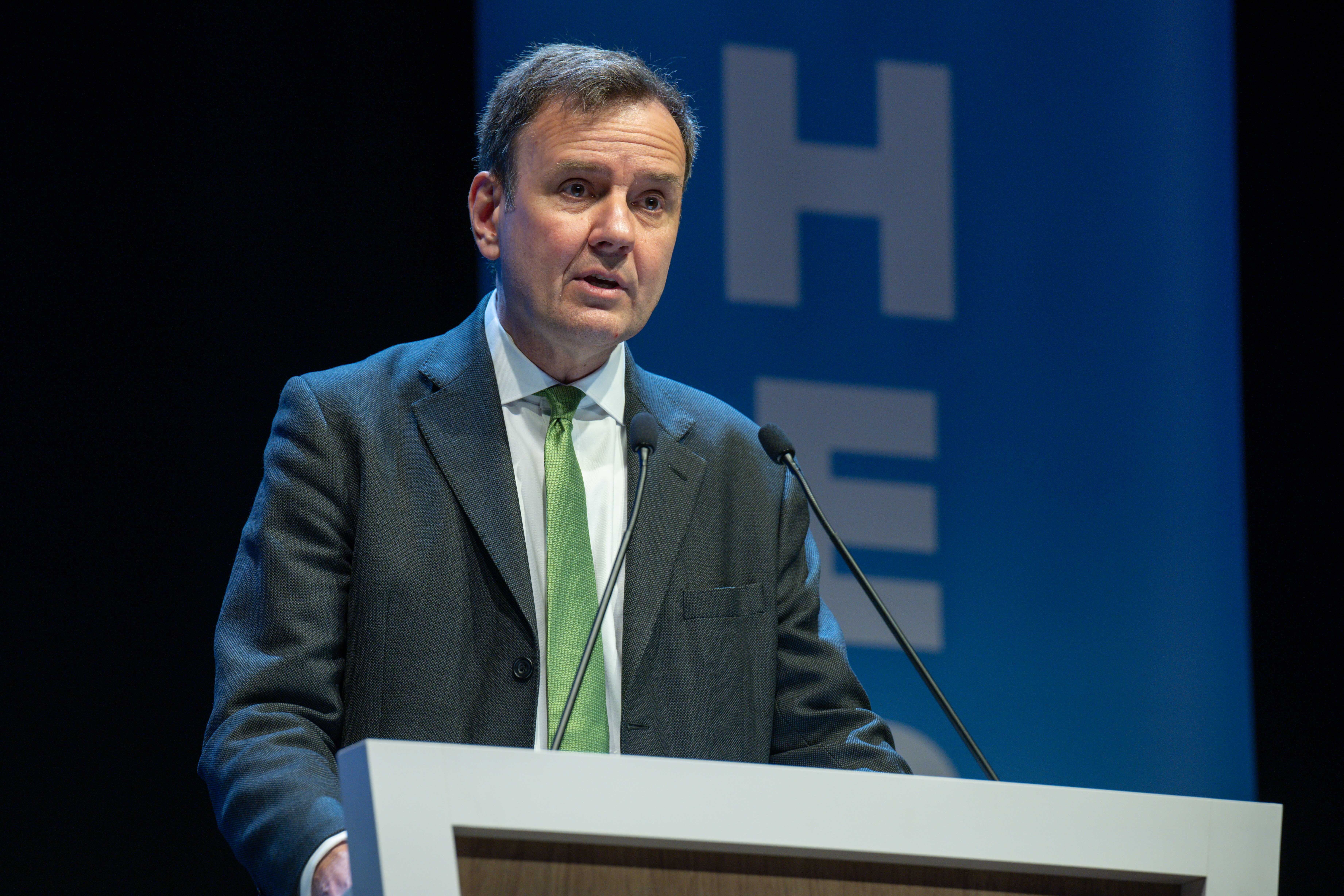
Campaigners have hailed a victory over the Government’s net zero strategy, after a High Court judge ruled the policy breaches its obligations under the Climate Change Act.
Environmental charities Friends of the Earth (FotE) and ClientEarth, and the Good Law Project, brought a challenge over the strategy at a hearing last month.
In a ruling on Monday, Mr Justice Holgate found that Greg Hands, the business secretary at the time the strategy was agreed, was not properly briefed about the effects of individual Government policies on meeting carbon budget targets.

The judge concluded that, while the Business, Energy and Industrial Strategy (BEIS) department had carried out extensive analysis which identified the contributions made by the policies, that information was not included in a briefing to Mr Hands for the purpose of him approving the net zero strategy.
He found that, on a proper interpretation of the Climate Change Act 2008, Mr Hands was obliged to take into account both the “quantitative affects” of the individual policies and the “qualitative analysis” of which policies were relied upon and why.
The judge also concluded that the net zero strategy “lacked any quantitative assessment of the contributions expected to be made by individual policies to reductions in (greenhouse gas) emissions” and the report did not reveal that the analysis put before Mr Hands left a “shortfall” against the required reductions, or of how that shortfall was expected to be met.
Mr Justice Holgate dismissed a number of other grounds of the legal challenge.
Following the ruling, FotE said the Government will now have to update its climate strategy to include a “quantified account of how its policies will achieve climate targets, based on a realistic assessment of what it actually expects them to deliver”, and the updated strategy will have to be laid before Parliament.
The campaign group said it emerged during last month’s hearing that there was a 5% “shortfall” between the emissions that would be cut as a result of Government policies and the “sixth carbon budget” – the volume of greenhouse gases the UK can emit during the period 2033-37.
FotE said the shortfall is significant in climate terms and amounts to 75 million tonnes of carbon dioxide – equivalent to almost the total annual emissions from all car travel in the UK.
In a statement, FotE lawyer Katie de Kauwe said: “We’re proud to have worked on this historic case.
“Taking strong action to cut carbon emissions is a win-win. Not only is it essential to preventing climate breakdown, but we can also tackle the cost of living crisis with cheap, renewable energy.
“This landmark ruling is a huge victory for climate justice and government transparency.
“It shows that the Climate Change Act is a piece of legislation which has teeth, and can, if necessary, be enforced through our court system if the Government does not comply with its legal duties.”
Sam Hunter Jones, senior lawyer at ClientEarth, said: “This decision is a breakthrough moment in the fight against climate delay and inaction.
“It forces the Government to put in place climate plans that will actually address the crisis.”
He added: “The decision confirms that the Government must show how its plans will deliver the carbon budget targets in full.
“Its approach must also be realistic and based on what it actually expects its plans to achieve.
“And the Government must set out the emissions reductions expected from its individual policies so that the public and parliament can properly hold it to account. This is a huge win for climate justice and accountability.”
Jolyon Maugham, director of Good Law Project, said: “The illegality of its flagship climate change strategy is a huge political embarrassment to the Government.
“The Net Zero target must be a road map to a sustainable future – not a lie we tell our children.”
A BEIS spokesperson said: “The net zero strategy remains Government policy and has not been quashed.
“The judge made no criticism about the substance of our plans which are well on track and, in fact, the claimants themselves described them as ‘laudable’ during the proceedings.”







